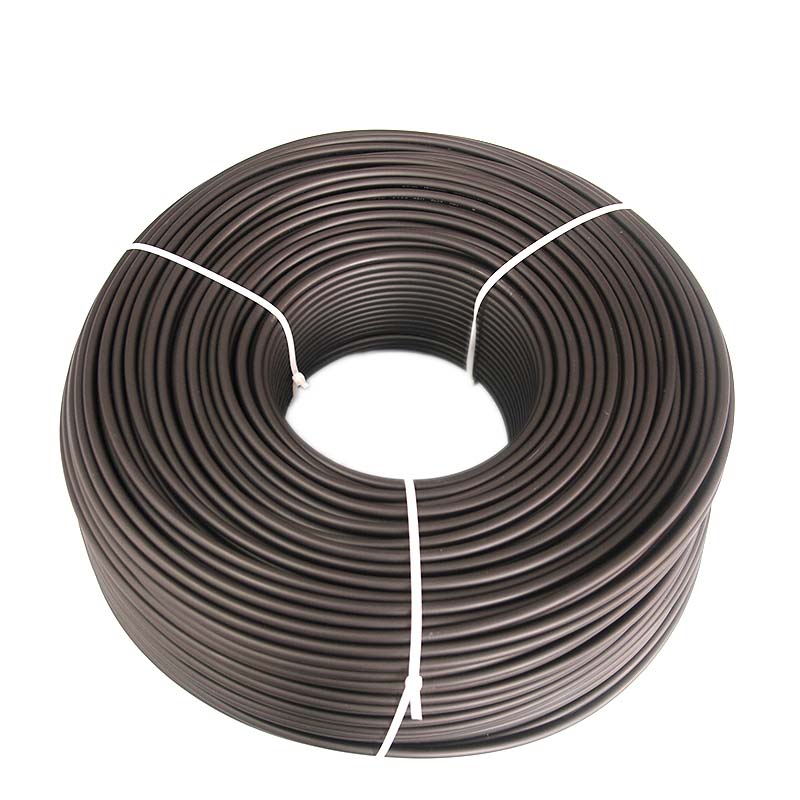What Are The Differences Between Solar Cable And Normal Cable
2025-09-16
When planning a solar power system, many people wonder whether they can use standard electrical cables instead of dedicated solar cables. While they might look similar, the differences are critical for safety, efficiency, and longevity. Understanding these distinctions ensures your investment is protected and performs optimally for decades.
The core difference lies in their design and construction. Solar cables are engineered for harsh environmental conditions, while normal cables are designed for general indoor use.
Key Differences in Construction and Performance
-
Insulation Material: Standard cables typically use PVC insulation. Solar cables, like those from Dsola, utilize cross-linked polyethylene (XLPE) or similar. This advanced material offers superior resistance to UV radiation, extreme temperatures, ozone, and moisture.
-
Conductor Quality: High-quality solar cables employ finely stranded, often tinned, copper. This enhances flexibility for easy installation and provides excellent corrosion resistance, crucial for long-term outdoor exposure.
-
Voltage and Temperature Ratings: Solar systems involve higher DC voltages, which can lead to stronger electrical stress. Solar cables are rated for higher DC voltages (e.g., 1.8kV) and a wider temperature range (typically -40°C to 120°C) compared to standard cables.
The following table summarizes the technical comparison:
| Feature | Solar Cable (e.g., Dsola) | Normal Cable (PVC) |
|---|---|---|
| Insulation | XLPE (UV, Ozone, Weather Resistant) | PVC (Limited outdoor durability) |
| Voltage Rating | High (Up to 1.8kV DC) | Lower (Typically 600V AC) |
| Temp Range | -40°C to 120°C | -20°C to 60°C |
| Conductor | Tinned, fine-stranded copper | Bare copper, fewer strands |
| Application | Outdoor, solar-specific | General purpose, often indoor |
Solar Cable FAQ
Can I use normal cable for my solar panels
We strongly advise against it. Normal cable lacks UV and temperature resistance, leading to cracked insulation, energy loss, and significant safety hazards like fire risks over time.
What does the 2PfG 1169 standard mean
This is a key certification for solar cables, ensuring they meet rigorous benchmarks for weather ability, flame retardancy, and electrical performance. All Dsola cables are certified to this and other international standards.
How long do solar cables last
A high-quality solar cable, such as those from Dsola, is designed to last as long as your solar panels—25 years or more. Its specialized construction prevents degradation from environmental stress.
Choosing the right cable is not a place to cut corners. Using a certified solar cable ensures maximum efficiency, safety, and the longevity of your entire system. Dsola's products are engineered to meet the highest industry standards, providing peace of mind for the life of your installation.
Contact us today to discuss your project requirements and get a quote on our certified, high-performance Dsola solar cables. Ensure your system is built with reliability in mind from the ground up.
